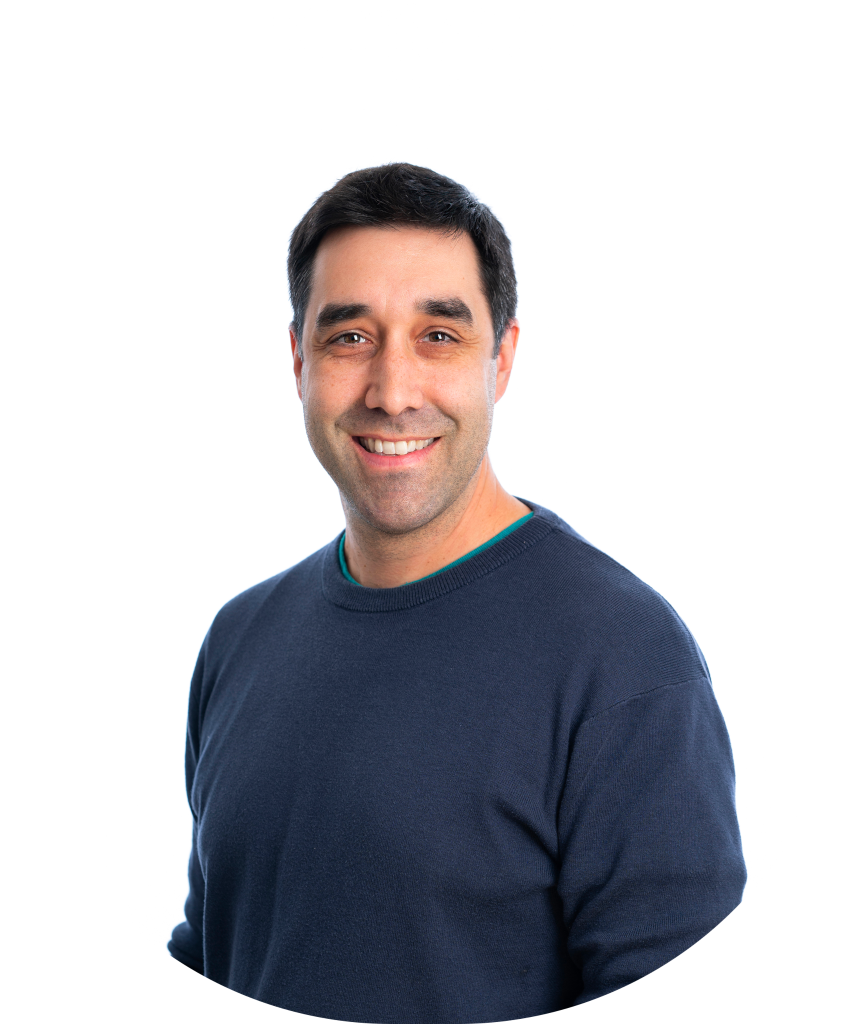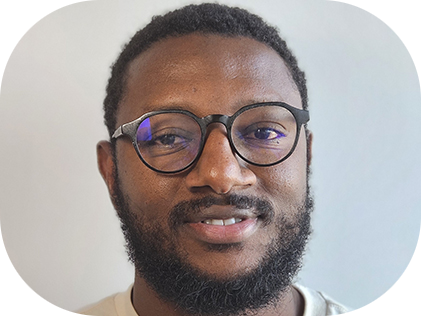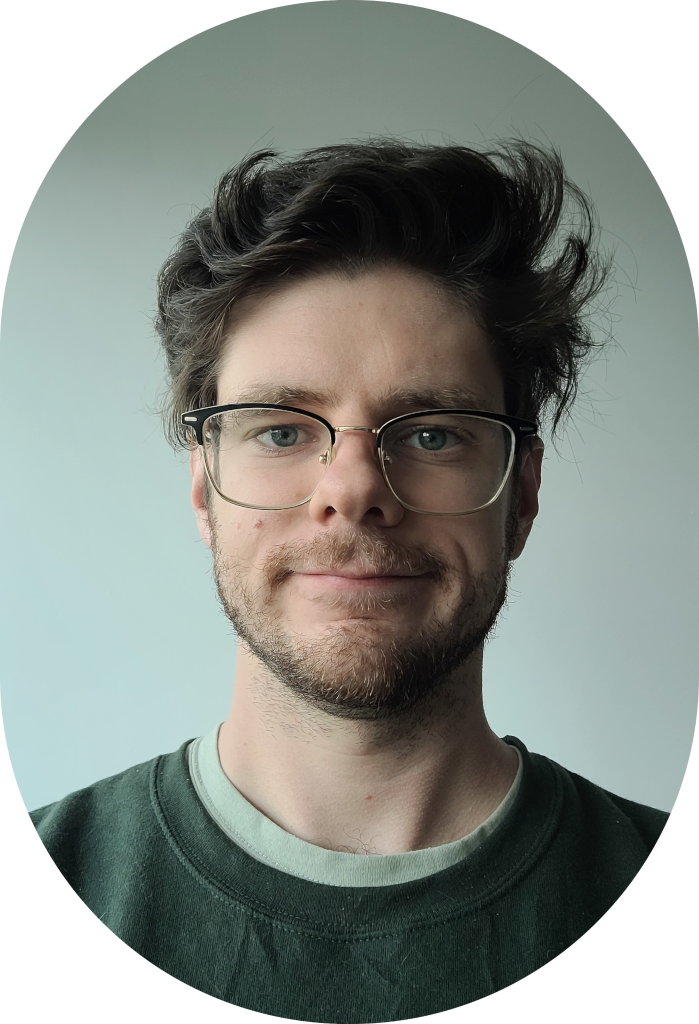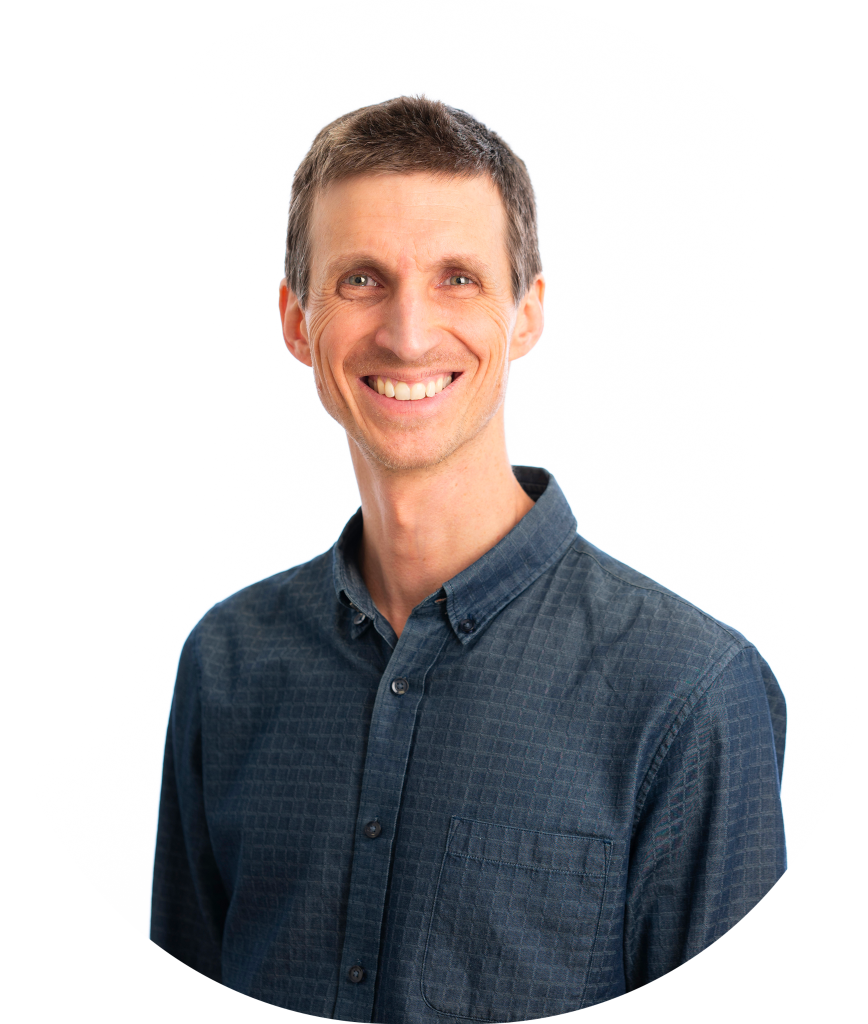Team
Philippe Boissonneault, Analyst

As a computer analyst for PHuN (Digital Humanities Platform), Philippe's role for the LibreQDA project is to develop and maintain the server infrastructure and processes for continuous deployment. He also actively participates in the application's development.
Moussa Touré, Analyst

Moussa, a full stack developer, has actively contributed to the development of several new features of the LibreQDA application. He has worked on both the backend and frontend, with particular attention to user experience, optimization, and code refactoring. For Moussa, this experience has been enriching as it has allowed him to explore the world of digital humanities and, more specifically, qualitative analysis.
Jérémie Dion, Project Coordinator

Jérémie handles the liaison between the practice community and the rest of the team. He coordinates task prioritization and the archiving of ideas for new features, integrating them into an overall development strategy. He is also responsible for documenting LibreQDA and promoting training in its use. Drawing from his doctoral research on academic software development, Jérémie enthusiastically took on this role to help the team navigate the challenging but rewarding work of translating between research communities' expertise and the intricate world of programming.
François Claveau, Scientific Director

François has long harbored the ambition to bring qualitative analysis into the era of open source research software. From this vision, the LibreQDA software was born. A professor of philosophy at the University of Sherbrooke, he holds the Canada Research Chair in Practical Epistemology and directs the PHuN (Plateforme en humanités numériques) and the BIN (Bureau des initiatives numériques). His work in social studies of science and technology (STS) employs a variety of methods, including qualitative analysis. Convinced of the importance of open and accessible solutions, he is committed to making LibreQDA a robust and sustainable alternative to the dominant proprietary software on the qualitative analysis market. He is also a member of the Centre interuniversitaire de recherche sur la science et la technologie (CIRST)
Partners
The development of this first version of LibreQDA was made possible through financial support from Université de Sherbrooke and the Centre interuniversitaire de recherche sur la science et la technologie (CIRST). The PHuN also benefits from the support of its sister platform, the Bureau des initiatives numériques, a research infrastructure of the CIRST.
LibreQDA relies on the enthusiasm of several partners who have offered their time to test experimental versions of the software or share their views on qualitative research.
The Scientific Computing Center of UdS; the SoZI Research Project on the social dynamics of innovation zones; the Canada Research Chair in Urban Climate Action; the University Institute for Primary Health and Social Services; Futur Simple and Unpointcinq; the RENARD Team.
We also wish to honor the memory of Didier Dupont, an early contributor to this project.
